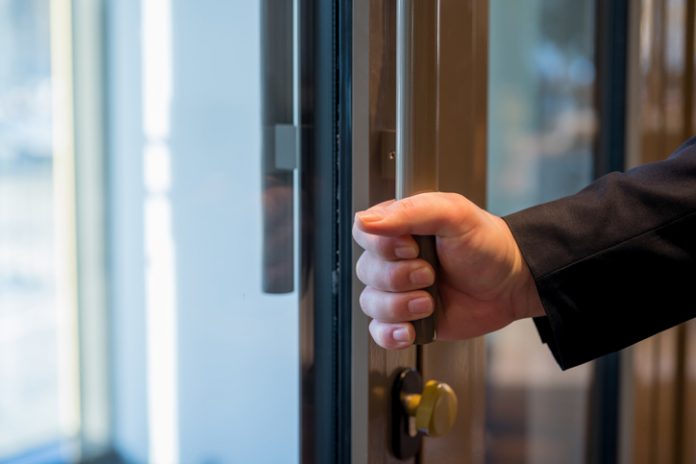
Hotels planning to “stay the course” in the current environment need a game plan. Keeping the doors open likely won’t be enough—hotels staying open will need to drive business as things continue to tighten in the coming weeks.
Develop an Action Plan
This action plan for staying open won’t differ much from a local recovery plan (outlined below). It will, however, be slightly more focused. In the coming weeks, most activity for hotels staying open will be centered around COVID-19 response:
- Identify local lodging needs. Work with hospitals, national guard facilities, delivery services, local municipalities, and essential worker organizations. Whether it is overflow, quarantine patients, or even staff who don’t want to go home and risk infecting their families, rooms will be needed.
- Build relationships. Keep in touch with the above groups so you know their changing needs. Communicate often so they know you are staying open for business.
- Consider special rates. These should be only for the organizations above. The rates need to be carefully fenced so as not to dilute normal commercial rates.
- Engage local closed or closing hotels. Chances are nearby closed or closing hotels had—or have—guests who need to be relocated. If you can help them out now, perhaps they will be able to help you when better times return.
- Resist discounting. Price won’t overcome fear and it won’t stimulate demand where there is none. Deep discounting that isn’t opaque or heavily fenced will only slow your recovery when it comes.
- Create a safe environment. Make sure consumers know the health of guests and staff is your top concern. Let them know the health and safety precautions you are taking to keep everyone at your property protected. Publish cleaning practices, provide hand sanitizer stations, and offer personal protection, if available.
- Communicate with customers. If you have furloughed any employees (especially on your sales team) make sure you communicate this to customers, so they know who their new point of contact is. You don’t want to miss out on a piece of business because an email or voicemail went to an unchecked inbox.
Plan for Local Recovery
Recovery in all markets will start locally. A hotel’s action plan should focus on shoring up local relationships.
- Determine the accounts with offices nearest to the hotel. Think in concentric circles around the property (e.g., two hours, four hours, etc.).
- Understand the history of those accounts. Has the account used your hotel or others like yours in the past? If not, they are likely not a good fit.
- Know your relationship with these accounts. This is not specifically about booking, but more about the depth of your local relationships. When is the last time you talked to anyone locally?
- Identify contacts for those accounts. This could come from within your own CRM, the company website, or a third-party source.
- Monitor your cancellation rate. Understanding when cancellations stabilize will help you understand when you begin to reach out.
- Launch your local offensive. Develop and/or deepen relationships with your local contacts. Business, when it returns, will be slower. Some of this will be by necessity (social distancing may still apply) but another reason could be cost. Companies and organizations will want to limit spending, and one way to do that is to have smaller meetings. Typically, smaller meetings are booked from local offices. If you don’t have those relationships, you won’t get the business.
- Roll your forecast. Fear of today should not impact rates six months from now. You need to separate your forecast into different time ranges: the next 30 days, the 90 days after that, the 90 days after that, and the 90 days after that. This will allow you to maintain rate integrity into the future which will help you recover faster.
The current crisis is trying for everyone. If your hotel has opted to stay open, you are probably working with reduced staff and reduced services. However, your occupancy is probably low enough (based on current industry averages) that you have some downtime to use toward preparation. Good preparation now will lead to success in the months ahead.











